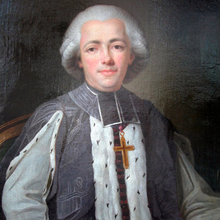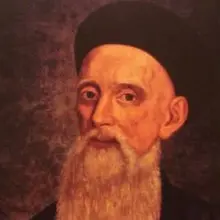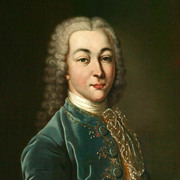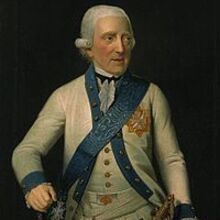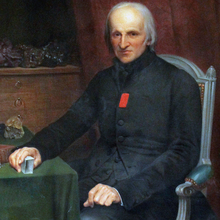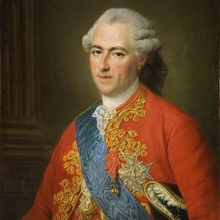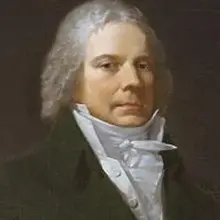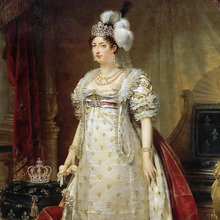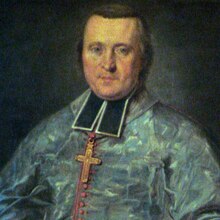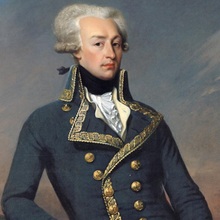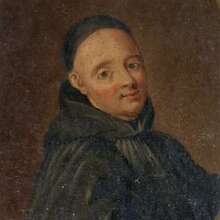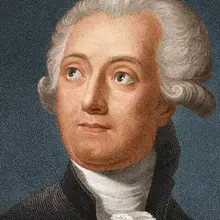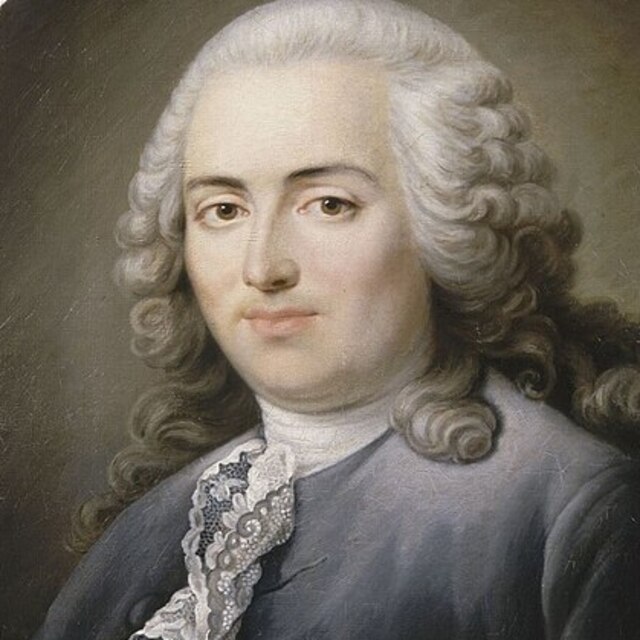
Personal
Other names:
Baron de l'Aulne
Baron de l'Aulne
Job / Known for:
Comptroller general of finance under Louis XVI
Left traces:
Reforms in taxation, trade, agriculture
Born
Date:
1727-05-10
Location:
FR
Paris, France
Died
Date:
1781-03-18 (aged 54)
Resting place:
FR
Death Cause:
Gout
Family
Spouse:
Children:
Parent(s):
Michel-Étienne Turgot and Madeleine Francoise Martineau de Brétignolles
QR Code:
 My QR code:
Anne Robert Jacques Turgot
https://DearGone.com/10502
My QR code:
Anne Robert Jacques Turgot
https://DearGone.com/10502
Key Ownner:
Not yet supported by key owner
Show More
Rank
Users ranking to :
Thanks, you rate star
Ranking
5.0
1
Fullname
Anne Robert Jacques Turgot
Fullname NoEnglish
Anne Robert Jacques Turgot
Slogan
No one loves the bearer of bad news.
About me / Bio:
Show More
Article for Anne Robert Jacques Turgot
Died profile like Anne Robert Jacques Turgot
Comments:
